The numbers: U.S. consumer spending jumped 0.8% in July to mark the biggest gain in six months, aided by the biggest-selling Amazon Prime Day ever. The “Barbenheimer” movie blockbusters and massive Taylor Swift concert tour also lent a hand.
Analysts polled by the Wall Street Journal had forecast a 0.7% increase.
Consumer spending is the main engine of the U.S. economy. Households increased spending by a solid 1.7% annual pace in the second quarter after accounting for inflation.
Yet while spending remained fairly strong during the summer, there are signs it may be starting to flag. Retailers have posted tepid results in the latest quarter, for instance.
Incomes rose 0.2% in July, the government said Thursday.
Key details: Americans spent more last month on eating out, hotels, recreation, consumer electronics, new vehicles and housing.
Amazon posted its biggest sales day ever with its Prime event to drive a lot of the spending.
The movie hits “Barbie” and “Oppenheimer” and the soldout Taylor Swift tour also generated lots of spending on recreation and hotels.
Somewhat slower income growth in recent months, however, appears to have led to households to dip into their savings. The U.S. savings rate dropped to relatively low 3.5% from 4.3%.
A lower savings rate could suggest Americans are still feeling plenty of strain from inflation even though price increases have tapered off. The buildup in inflation in the past few years has pushed the cost of many goods and services sharply higher.
The so-called PCE price index, the Federal Reserve’s favorite inflation barometer, showed a 3.3% increase over the past 12 months. That’s up from 3% in June.
Big picture: Americans have been able to keep spending thanks to a low unemployment rate and incomes that are rising faster than inflation for the first time in a few years.
They’ve shifted their spending in particular to services such as recreation and travel while devoting less to goods such as computers and home furnishings.
Yet high interest rates have made it more expensive to buy a home or car or use credit cards. Steeper borrowing costs have also forced businesses to retrench. So unemployment is likely to rise and economy is bound to slow at least a little bit.
Looking ahead: “We expect the consumer will begin to falter in the months ahead, as savings run out and the labor market cools further,” lead U.S. economist Michael Pearce wrote in a note to clients. “We still think a mild recession over the coming quarters is more likely than not.”
Market reaction: The Dow Jones Industrial Average
DJIA,
and S&P 500
SPX,
rose in Thursday trades.
Read the full article here


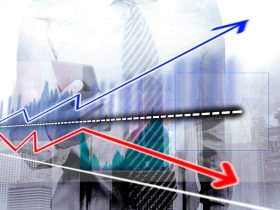


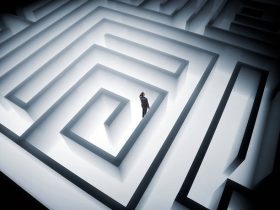

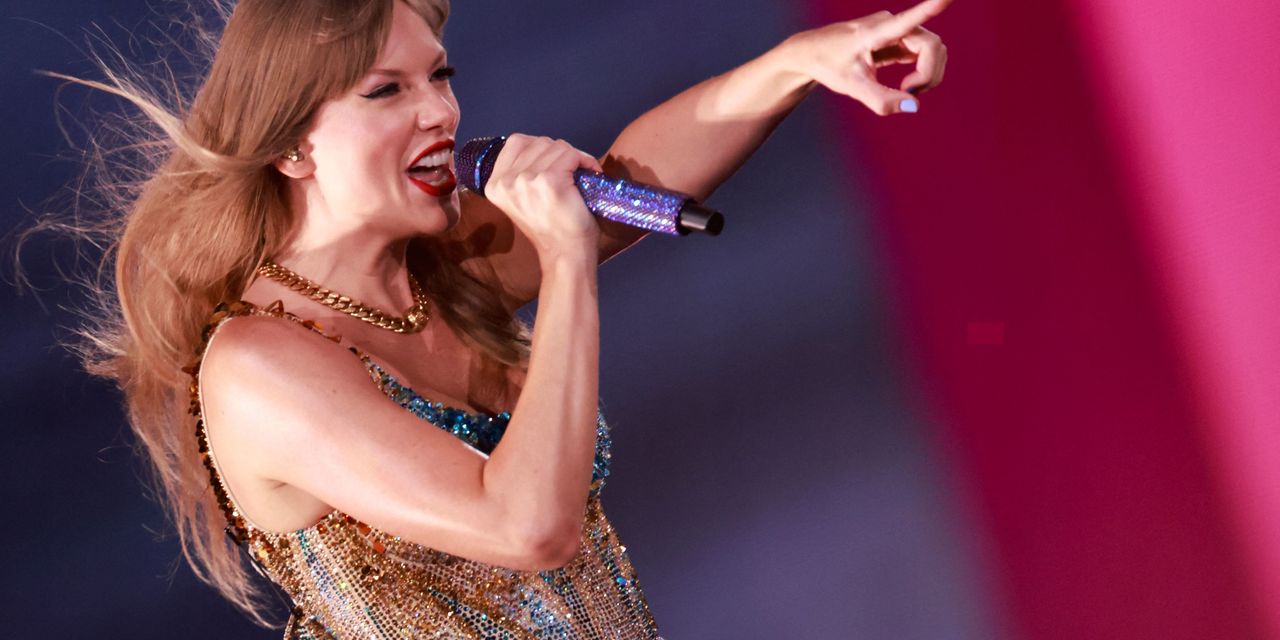
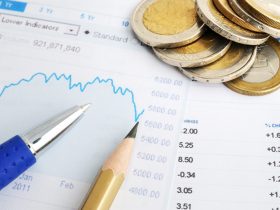
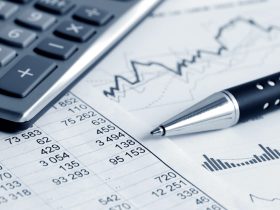
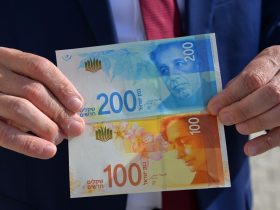
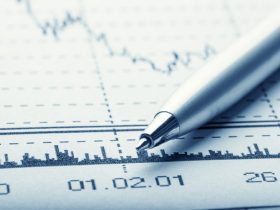
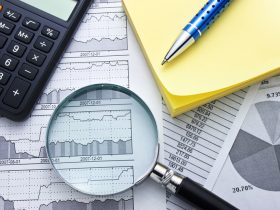
Leave a Reply